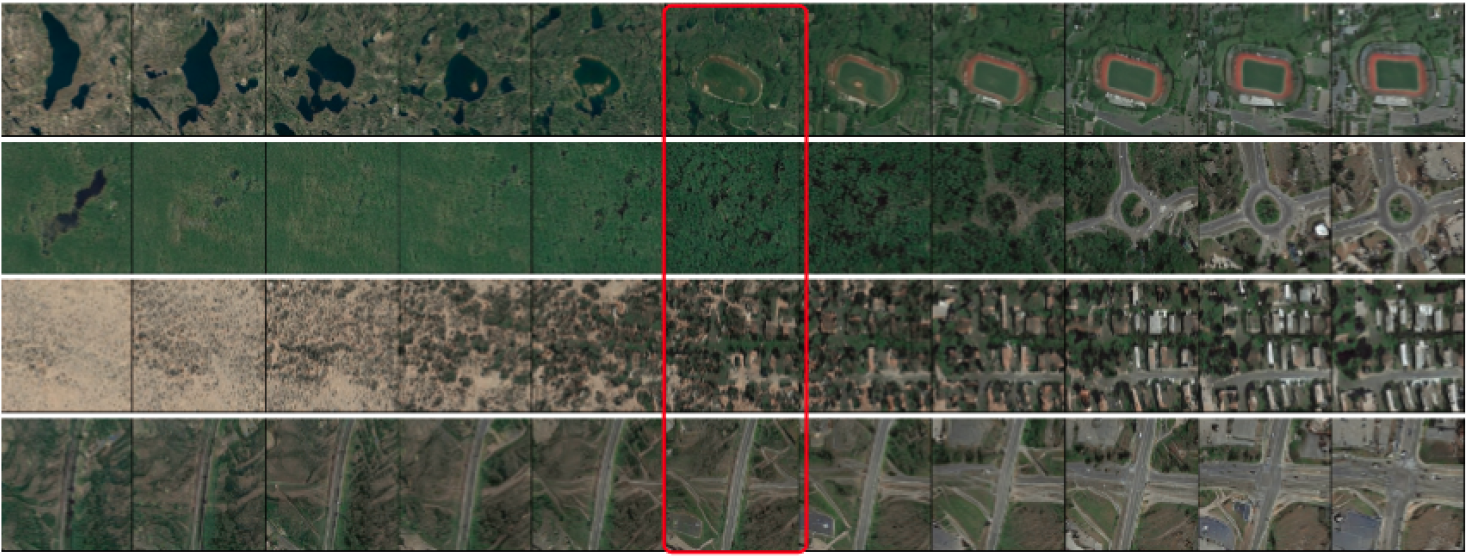The CaSToRC group conducts research in Machine Learning (ML) and Artificial Intelligence (AI), focusing on:
- The development of innovative algorithms that tackle core problems in ML and AI, including generalization, interpretability, fairness, efficiency
- Address critical data science challenges emerging in inter-disciplinary applications such as climate change and its mitigation, health, remote sensing.
The group has a wide portfolio of inter-disciplinary research activities, while by leveraging the high-innovation potential of AI, ML, and HPC, the group has developed innovation expertise by both industrial collaborations, as well as research commercialization by founding spin-off companies. The group is involved in several projects, such as GAIA, TOPCSP, AQTIVATE, ENGAGE, RAISE, and EuroCC. Main research activities revolve along the following themes
Theme 1. Addressing core challenges in AI
A primary research activity lies in designing novel machine learning algorithms that address core challenges in AI such as generalization, interpretability, fairness, and efficiency. By leveraging expertise in areas such as representation (deep) learning, computer vision, and signal processing, the group develops methods that:
- Reduce the computational requirements of training neural nets, increasing democratization and accessibility while reducing the carbon footprint of AI
- Interpret the inner workings of deep networks by designing the appropriate decompositions on network weights and activations
- Provide explainable decisions to build trust in user communities
- Incorporate prior knowledge and geometry-aware learning
- Mitigate classifier bias and increase fairness and diversity metrics.
Knowledge from Theme 1 feeds into applications in Theme 2 and 3.
Theme 2. AI for Climate, Earth Observation, Remote Sensing, and Health
The group leads efforts on developing principled AI and ML algorithms applied on earth observation and health data, linked to emerging challenges in domains such as climate change monitoring and mitigation, and remote sensing.
The group leverages technical expertise and know-how from Theme 1 to develop novel algorithms that address problems such as downscaling of climatological variables, interpretable data fusion, training large-scale generative nets for satellite imagery, and generative models for renewable energy.
Of particular interest is the design of deep learning methods that improve the accuracy of air quality and meterological and oceanic variable forecasts.
Many of these activities are also linked to industrial applications (e.g., funded industrial fellowships, joint exploitation with industry), and include internal and external collaborations.
Theme 3. AI for Scientific Applications
The group also collaborates with research groups within and outside the Centre and the Institute, to develop ML architectures for scientific applications such as analysis of seismic signals, predictive models for molecular dynamics, and generative models for large-scale simulations.

Figure 1: From 'AI for Air Quality: Leveraging Data Fusion for Deep Downscaling of Atmospheric Pollutants' by G. Ashiotis, E. Tsigkanos, T. Christoudias, M. A. Nicolaou

Figure 2: Generative modelling: Synthesized satellite image samples where urbanization is increased (right) and decreased (left). From ‘Unsupervised Discovery of Semantic Concepts in Satellite Imagery’ by N. Kostagiolas, M. A. Nicolaou, and Y. Panagakis.

